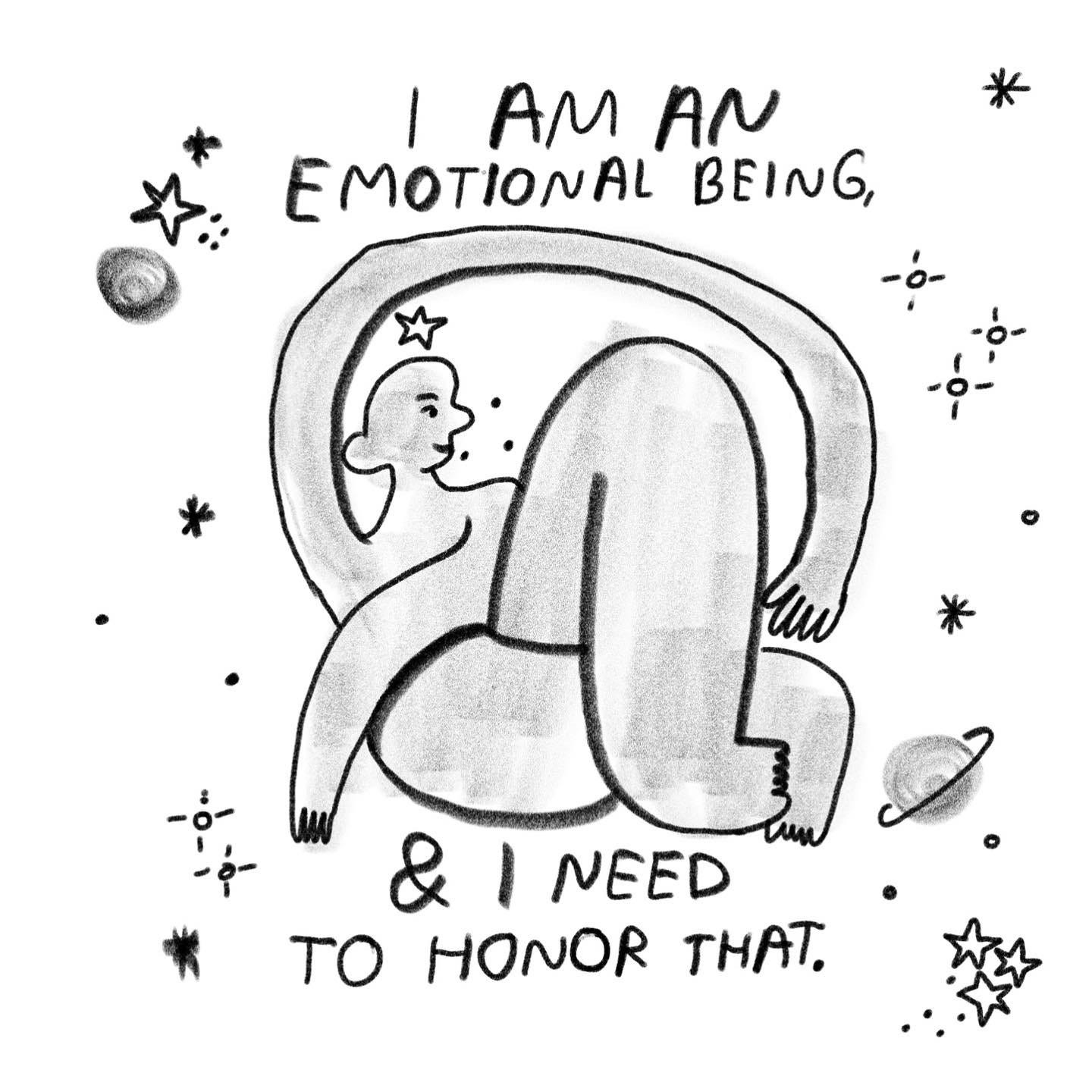“Every act of perception, is to some degree an act of creation, and every act of memory is to some degree an act of imagination.”
― Oliver Sacks
How often do you think about the vulnerability of your mind? Every day I take it for granted. Every day I worry that I am going to lose it. As a person who feels always on the cusp of insanity, I was really inter…
Keep reading with a 7-day free trial
Subscribe to BAD AT KEEPING SECRETS to keep reading this post and get 7 days of free access to the full post archives.



